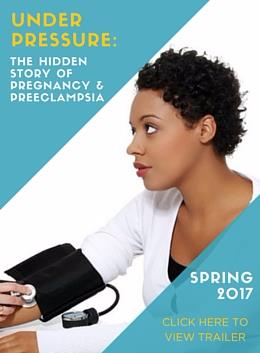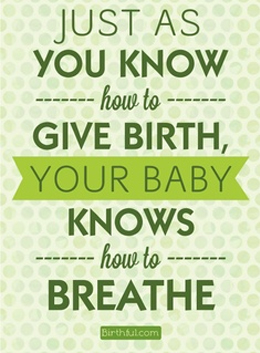Whether you have a family history of genetic disorders or are an older mom — or even if you’re perfectly healthy — prenatal testing (from noninvasive prenatal testing (NIPT) to chorionic villus sampling (CVS) to amniocentesis) allows you to gain knowledge about your babies’ risk factors.
We talked to Dr. Kecia Gaither, Director of Maternal Fetal Medicine at Brooklyn’s Brookdale University Hospital and Medical Center, about the most common concerns her patients have regarding testing. Here’s how she responds:
1. Why do I need prenatal testing?
Thebenefits of prenatal testing can be big. Getting tested during pregnancy ensures your physician delves into your and your family’s medical histories to determine if your baby is at risk for any genetic anomalies. For example, mothers born with a cardiac defect carry a small but elevated risk of having a baby with a congenital heart defect, which are sometimes best treated before baby is born (or soon thereafter).
2. Which test is the right one for me?
Your medical history and age usually help your doctor determine what tests you need. For instance, two parents who are carriers of the sickle cell trait are at increased risk of having a child with sickle cell anemia. Certain prenatal tests can determine if a baby has the disease, so she can be monitored and receive treatment from the moment she’s born. But screening and diagnostic tests aren’t necessarily for everyone. Your practitioner may recommend one or more if you’re 35 or over, or if you have a family history of chromosomal disorders.
3. Are there different types of prenatal tests?
Prenatal testing falls into two categories: Those that screen for a particular prenatal condition and those that are diagnostic. A screening test, like a ultrasound or NIPT, helps your doctor determine a baby’s risk for certain conditions but cannot say with 100 percent certainty that a baby has them. A test, like amniocentesis, gives a definitive diagnosis.
4. What if a prenatal test comes back positive?
No physician wants to give parents bad news, but knowledge creates choices, including to continue the pregnancy with awareness of the services or medical procedures — both pre- and post-natally — that may be beneficial. Additionally, it allows the parents to mentally and financially prepare for a child that may require special care.
5.How do I deal with the guilt if a prenatal test comes back positive?
If a screening test comes back positive, discuss diagnostic testing with your doctor. While positive test results can be difficult to hear, knowledge offers choices. Support groups, family and friends can give valuable insight that helps you to determine what’s best for you and your family.






